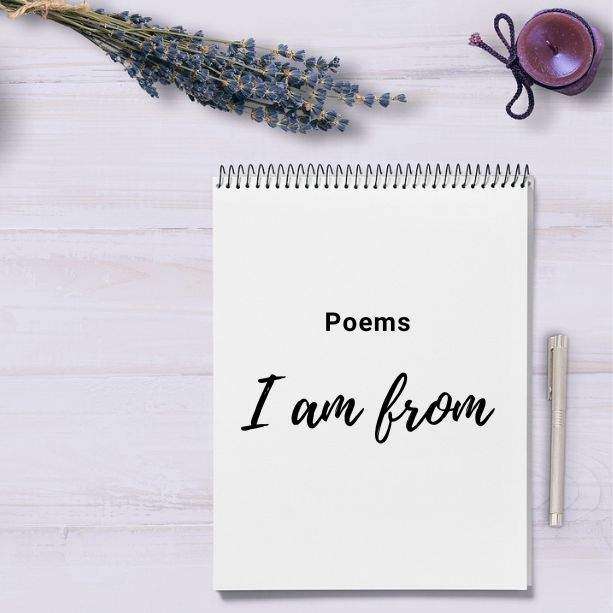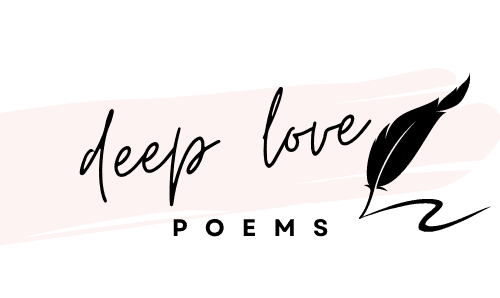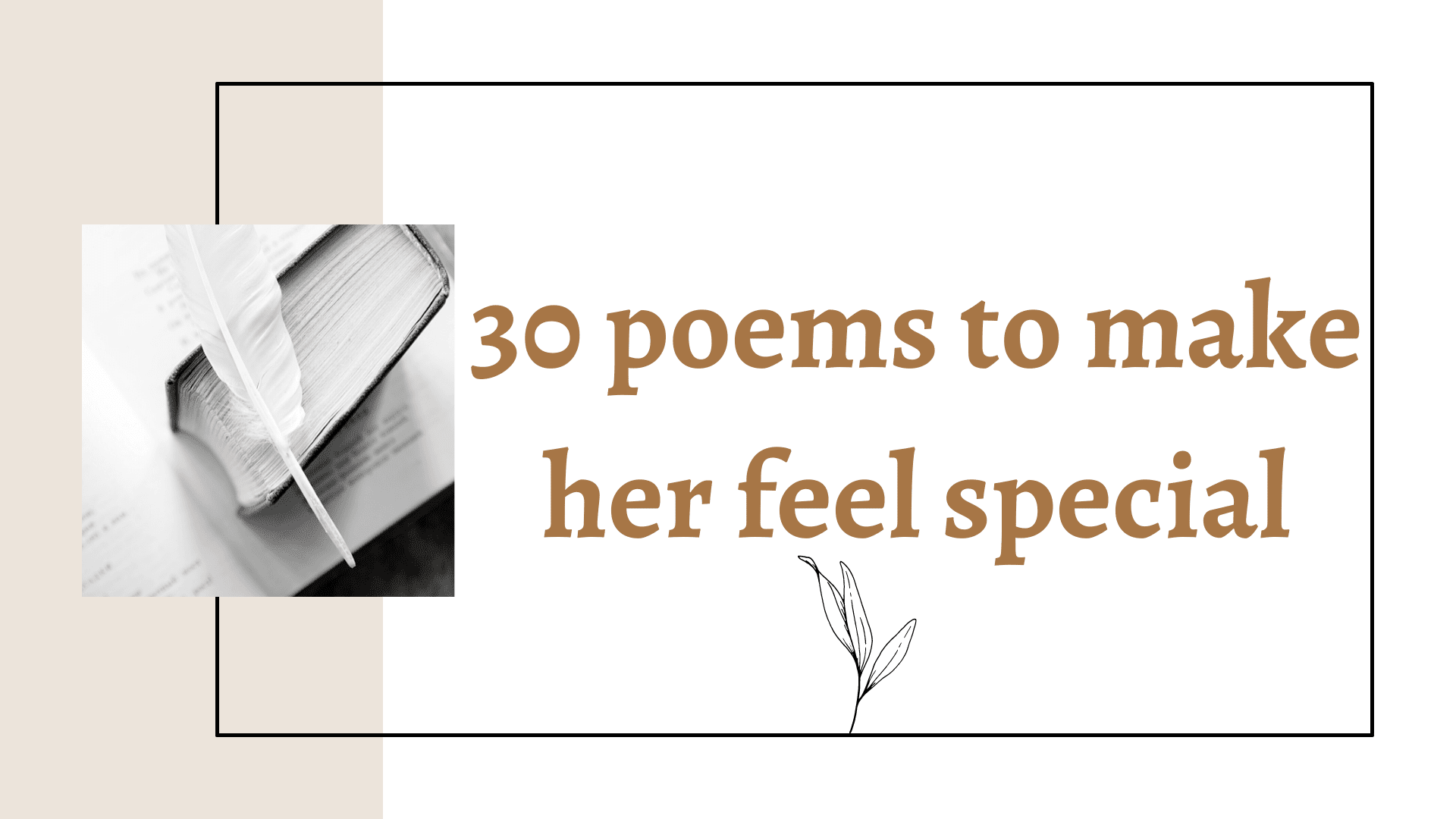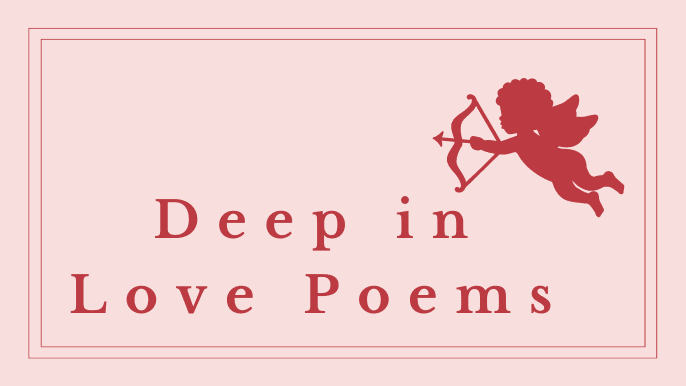
Poems I am from
Poetry has always been more than words on a page—it is memory, feeling, and heritage woven into verse. One of the most powerful forms of this expression is the “I Am From” poem. These works are deeply personal, offering a glimpse into the writer’s roots, family, culture, and the experiences that shaped them.
At its heart, an “I Am From” poem is a creative way to say: “This is who I am. This is where I come from. This is why I carry these stories inside me.”
This guide explores the meaning, history, and significance of “Poems I Am From.” We’ll analyze examples, explain how to write your own, highlight their benefits, and show why they continue to inspire readers and writers across the world.
🌸 Answer First: What Is a “Poem I Am From”?
An “I Am From” poem is a personal poem that reflects on:
-
Family roots and background – traditions, values, and people who shaped you.
-
Childhood memories – smells, sounds, places, and sensations tied to your past.
-
Cultural identity – languages, foods, celebrations, and heritage.
-
Personal journey – struggles, growth, and triumphs that define you.
It is both self-reflection and storytelling, allowing you to celebrate identity while inviting others to understand your world.
✒️ The Origins of “Poems I Am From”
The concept gained prominence through George Ella Lyon’s 1993 poem “Where I’m From”, which beautifully captured her Kentucky upbringing. Lyon’s work inspired countless writers, educators, and students to create their own versions, often titled “I Am From.”
Other poets, including Carl Sandburg, used similar identity-driven writing to explore ancestry, memory, and place. Over time, “I Am From” poems became both a classroom exercise and a literary tradition, cherished worldwide for their accessibility and emotional depth.
🌍 Why “I Am From” Poems Matter
1. Self-Discovery
Writing one helps us uncover who we are by reflecting on where we come from.
2. Connection
They create bridges between people by sharing cultural details, struggles, and triumphs.
3. Healing
Many find them therapeutic, offering a safe space to express emotions and reclaim identity.
4. Diversity
These poems celebrate heritage and highlight the richness of different cultures.
📊 Comparison: Poems I Am From vs. Other Poetry Forms
| Feature | “I Am From” Poems | Traditional Love/Lyric Poetry |
|---|---|---|
| Focus | Personal identity and heritage | Emotions, relationships, beauty |
| Language Style | Everyday details, memories, cultural references | Figurative, symbolic, often universal |
| Purpose | Self-discovery and storytelling | Expressing love, passion, or philosophy |
| Accessibility | Easy for beginners and students | Sometimes complex or abstract |
| Impact | Builds empathy and celebrates diversity | Creates emotional resonance |
👉 Both forms are valuable—“I Am From” poems highlight individuality, while lyric poetry captures universal feelings.
🌺 How to Write Your Own “I Am From” Poem
Here’s a step-by-step guide:
-
Brainstorm your roots – family traditions, childhood memories, places, foods, languages.
-
Use sensory detail – sounds, smells, tastes that trigger memory.
-
Structure with repetition – begin lines with “I am from…” to build rhythm.
-
Add cultural and emotional layers – holidays, hardships, love, or resilience.
-
Polish with imagery – transform memory into metaphor: “I am from firewood crackling in winter silence.”
💡 Tip: Don’t worry about perfect rhyme. Focus on honesty and vividness.
🌟 Examples of “I Am From” Poems
Example 1
I am from Sunday morning pancakes,
from laughter echoing through warm kitchens.
I am from fields that smell of fresh grass,
and the comfort of voices calling me home.
Example 2
I am from the hum of traffic,
from bagels and city lights.
I am from ambition,
from the belief that tomorrow always holds more.
Example 3
I am from coffee steam rising at dawn,
from notebooks filled with unwritten dreams.
I am from music drifting across hallways,
from promises whispered under starlight.
💖 Benefits of Writing an “I Am From” Poem
-
Personal Growth – Gain clarity about your values and history.
-
Emotional Healing – Transform struggles into art.
-
Cultural Pride – Celebrate traditions and identity.
-
Creative Expression – Unlock your poetic voice.
-
Connection with Others – Share your story, invite empathy.
📌 Studies show that expressive writing (including poetry) reduces stress, improves emotional well-being, and increases resilience (source: American Psychological Association).
❓ FAQ – “I Am From” Poems
1. What is the purpose of an “I Am From” poem?
To explore identity, roots, and personal history through poetry.
2. Do I need to be a poet to write one?
Not at all—they’re accessible for beginners, students, and writers alike.
3. How long should it be?
There are no rules—it can be 8 lines or 80 lines.
4. Can I write about painful memories?
Yes. Many use this form for healing and self-expression.
5. Is it suitable for classrooms?
Absolutely—teachers worldwide use this as a writing exercise.
6. Why are sensory details important?
Because they make memories vivid and relatable.
7. Who inspired this form?
George Ella Lyon popularized it in 1993 with “Where I’m From.”
🌹 Closing Thoughts
“I Am From” poems are more than words—they are bridges between memory and identity, the past and present. They remind us that every individual carries a story worth telling.
By writing your own, you not only celebrate heritage but also join a tradition of poets across generations who dared to say: “This is where I’m from. This is who I am.”
✨ Start writing today. Take a notebook, write “I am from…” at the top, and let your memories flow.
👉 For more inspiration, explore additional guides and examples on deeplovepoems.com—where words become a mirror of the soul.








